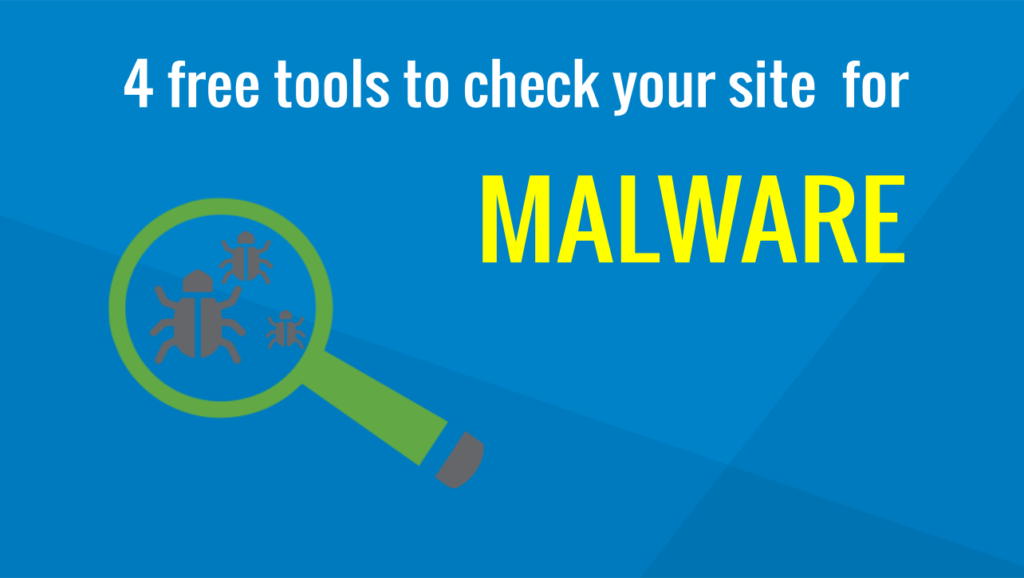Has your small business been targeted by hackers? Dealing with a data breach can be an extremely challenging situation for small business owners. But knowing the proper next steps to take can save you a lot of headaches, and may even save your livelihood. So whether you need help rebounding from a data security crisis, or just want to prevent one, here are some tips to keep your customer and business information safe.
Your Recovery Should Begin With a Digital Forensic Specialist
If your business suffers a breach in private information at the hands of hackers, disgruntled employees or other leak sources, hiring someone to minimize damage should be your first step. Digital forensic specialists can do just that, while also helping you identify the source of your data issues so you can take proper legal action if necessary. Utilizing professionals like Secure Forensics can come in handy no matter what kind of information crisis your business is faced with. So, if you have a forensics team you know you can trust, you can call them to help you recover lost data after a hardware malfunction, help you with employee legal issues and even gather vital clues in the instance of cyber crimes. In fact, this service is so crucial to business data protection that the Federal Trade Commission recommends that businesses of all sizes incorporate data forensic services into their data breach recovery and prevention plans. Having these experts on your side can make dealing with a hacking or data control issue much less painful for you, and much less devastating for your business.
You Need to Know How to Deal With Customer Data Issues
Sometimes hackers are after information that is only sensitive to your business operations, but in most cases, attackers are more interested in private customer information. When an online information breach impacts your clients and customers, your first step should be to assess the legal ramifications of the breach as well as your response. Laws around business data breach issues can differ from state to state, but most states provide detailed information about your liability, how you should notify your customers, and what state organizations should be involved in your response process. Letting customers know that their information was leaked can be uncomfortable for business owners, but this is a necessary step if you want any chance of protecting the trust you have with your patrons. Be open with your communication around the information breach and keep your tone as soft as possible when relaying details to affected customers. Protecting that trust should be the primary focus of your customer service action plan, so along with clear information, your business must also provide solutions to prevent future concerns. Offering security services or detailing your business’s information privacy policy is a good first step in mending customer relations.
Prevent Future Leaks From Derailing Your Business
Cyber attacks and data breaches can be devastating for small businesses, and lawmakers are beginning to address this major issue. While these updated laws offer some protection for small businesses, you should take some additional steps to protect the privacy of your sensitive information. Proper encryption is a must for any business accepting credit cards from customers, but managing this kind of software on your own can be expensive. Look for payment providers that offer these encryption services as part of their overall payment acceptance services, to take some of the data management burdens off of your small business. If you collect information from your customers (most businesses do in some form), you should also have a data privacy policy ready to post online or provide to customers. Your official policy should inform customers about the kind of information your business is collecting, how you are protecting that information, and what options they have for limiting/controlling data collection processes.
Information is at the center of every successful small business, so make sure you are taking steps to keep your data safe. Be ready to respond quickly to breaches, know how to mend customer trust, and, most importantly, be smart about preventing data breaches in the first place. Doing so may just save your small business.
Article by Lindsey Weiss
Photo by Stephen Dawson on Unsplash





